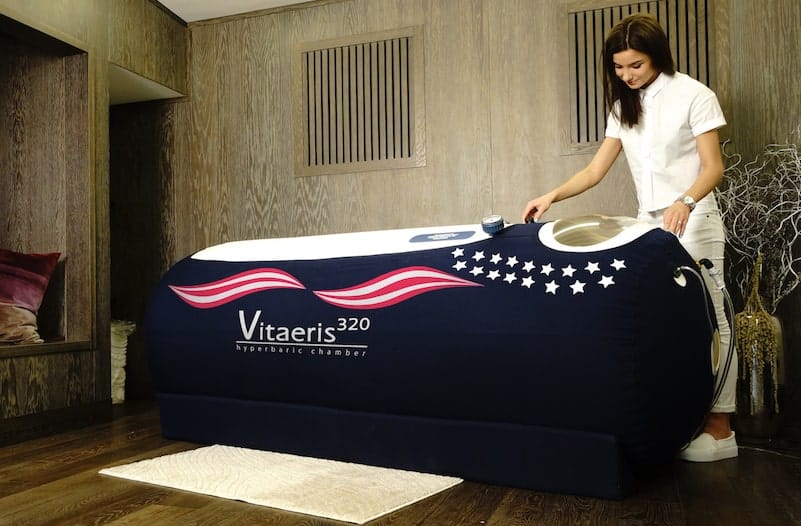Worry, stress, overwork, sedentary lifestyles, and too much screen time have turned us into a society of insomniacs. The average adult needs 7 to 9 hours quality sleep a night, but many people struggle to get even five. Improving the duration and the quality of sleep is a key part of improving long-term health and wellness, but this is easier said than done. Many people find it difficult to fall asleep, and others find themselves waking frequently in the night with a racing mind, and struggle to drop back off.
If you’re finding yourself tired during the day, or struggle to get started in the morning, you may benefit from improved sleep quality. What steps can you take to ensure you get the sleep you need to keep healthy, happy, and productive?
Set A Consistent Bedtime Routine
Consistent and reliably good quality sleep is as much about training the mind and body as it is external factors. Many people who have trouble sleeping benefit from a set bedtime that they stick to each night, and a specific wake-up time as well. Don’t worry if you can’t fall asleep straightaway. Listen to an audiobook, gentle music, or white noise until you drift off naturally.
It won’t take long for your body to understand that bedtime means bedtime, and you’ll find yourself starting to get tired in time to fall into a peaceful sleep at the right time. You’ll also start waking up at the same time by ‘body clock’, with a greater feeling of refreshment.
Reduce Screen Time Before Bed
Too much time in front of the TV, or on our phones or tablets before bed is bad for a couple of reasons. The worst is blue light exposure, as the harsh backlights behind device screens trick our body into thinking it’s still daytime – and makes it harder to fall asleep. Most devices allow you to set a night-time mode that automatically limits the screen brightness within certain hours, and many people find this helpful. The other reason to reduce screen time before bed is to avoid subject matter that may play on your mind and stop you falling asleep. An exciting film, an online purchase, or a work email can all set thoughts racing deep into the night – not a recipe for good quality sleep. Everybody is different, but some people find it useful to switch off their TV, apps, and games 1 to 2 hours before bedtime.
Avoid Long Daytime Naps
Everyone enjoys a daytime nap occasionally, and it is tempting to sleep during the day if you’ve had a bad night sleep. Doing so, however, risks impacting the quality of your sleep the following night, so don’t take long daytime naps if at all possible. Limit yourself to 15-minute power naps. If you’re really tired after a bad night, be gentle on yourself. Stimulate your metabolism through healthy food, moderate exercise, and fresh air, and enjoy a few cups of tea or coffee (but don’t overdo it – see below!)
Go Easy On The Caffeine!
Caffeinated drinks are tasty and are great at improving short-term focus and concentration, but caffeine loading when you’re tired can negatively impact sleep quality, especially when you drink too much caffeine late in the day. Everyone has a different level of caffeine tolerance, but as a rule, restrict the majority of your caffeine intake to earlier in the day, preferably before 12 PM, and avoid it altogether 4 to 5 hours before bedtime. Caffeine has an active life of around nine hours, so coffee you drink at 12 PM will still be affecting you in some way come 9 PM.
Try Hyperbaric Wellness
Many users of hyperbaric chamber wellness report positive improvements in the time it takes to fall asleep, reduced wake-ups in the night, and a better feeling of wakefulness in the morning. This could be because of the relaxing effect of hyperbaric wellness, and the way the added oxygen the body and brain absorb during a session is reported to help reduce muscle tension, fatigue, and stress. In a similar way to meditation, hyperbaric wellness users advise it helps focus the mind and unwind the body, helping you let go of the day and paving the way for a good night’s sleep.
Find Out More
To find out more about hyperbaric chamber wellness, and how our home hyperbaric chambers may contribute to improved sleep and a healthy lifestyle, have a chat with one of our advisers today.



